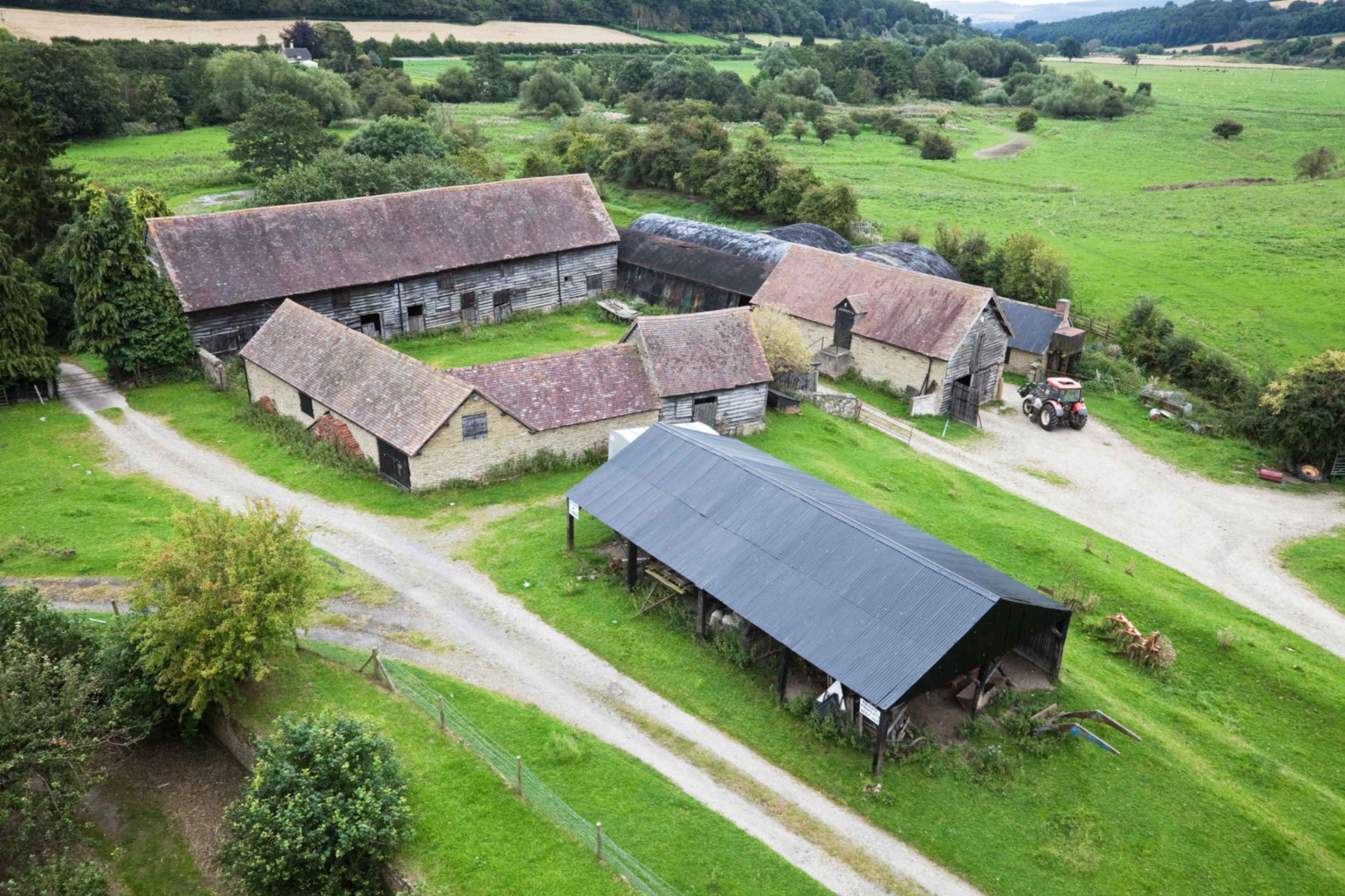Six post-election tax takeaways for rural business owners
2 minutes to read
1 – The big pledge
In his pre-election manifesto, Keir Starmer pledged that Labour would not increase the three main taxes on “working people” – Income Tax, National Insurance and VAT. That, however, still leaves plenty of opportunities to tinker with capital gains tax, inheritance tax and corporation tax.
2 – The blackhole
Since the election, Chancellor Rachel Reeves has claimed that the financial situation inherited from the Conservatives is much worse than she had expected. In fact, she says she needs to fill a blackhole to the tune of £22 billion. Taking away pensioners’ automatic right to the winter fuel allowance shows she is not afraid to make unpopular decisions.
3 – Property reliefs under threat?
Agricultural Property Relief (APR) and Business Property Relief (BPR) are important for farms and estates because they allow farming businesses, including those where land is let to tenants, to be passed to the next generation without business-busting inheritance tax bills. Speculation is mounting that they could be seen as low-hanging fruit by the Chancellor, and scrapped or made more restrictive.
4 – Losing Agricultural Property Relief (APR) and Business Property Relief (BPR)
The ability of agricultural land to play a role in inheritance tax planning because of the availability of APR and BPR has arguably contributed to the value placed on it over the years. Removing those reliefs could potentially reduce farmland values under some circumstances. It could also make entering long-term environmental schemes like Biodiversity Net Gain less attractive as such land is also due to qualify for APR from April 2025.
5 - Capital gains tax
Any changes to Capital Gains Tax (CGT) could also affect individuals and rural businesses trading as partnerships that want to dispose of parts of their businesses, such as land or buildings. There are suggestions that CGT, currently levied at a maximum of 24% for higher-rate taxpayers, could increase to match the taxpayer’s rate of income tax. How this might be tempered by indexation remains to be seen.
6 – The day of reckoning
The Chancellor’s big reveal will come on 30th October when she unveils the first Labour budget in around 15 years. Keir Starmer has already warned that things will get worse before they get better, so it’s best to be prepared for some unwelcome news.

The new government is hoping to make planning applications easier, which should mean that restoring older buildings becomes a much smoother process.
For more of my thoughts on what the new Labour government's policies might mean for property valuations, download or request a printed copy of the latest edition of The Rural Report below.
Access full report